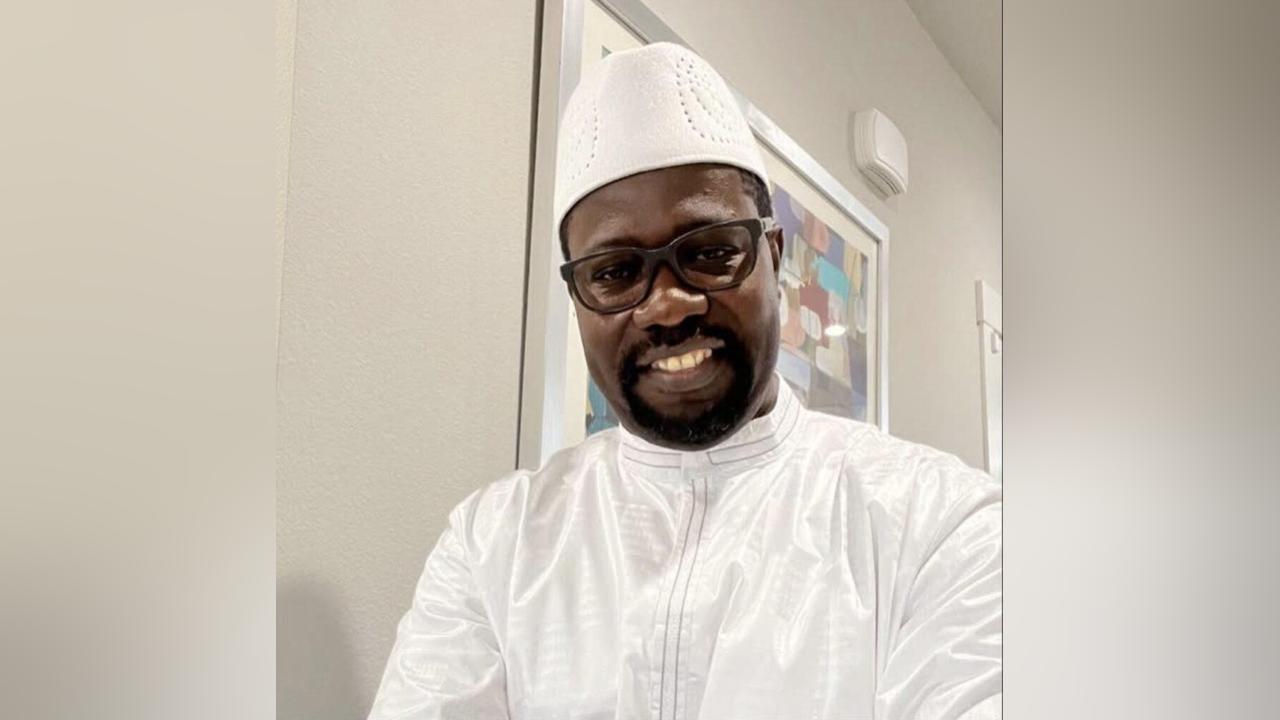Africa-Press – Gambia. Emil Touray, the Executive Secretary of the Media Council of The Gambia, has claimed that the council’s involvement in the recent dispute between journalist Mustapha Darboe and former Justice Minister Ba Tambadou was motivated by a desire for dialogue and mutual understanding, aligning with their purported role as mediators within the media space. However, this explanation raises several critical questions that Touray has failed to address.
Most prominently, one must ask: what prompted the Media Council to intervene in what Emil called the “Darboe-Tambadou matter” in the first place? Did Ba Tambadou file a formal complaint regarding Mustapha Darboe’s reporting? If not, how and why did the Media Council take it upon themselves to mediate between a media practitioner and a private citizen without any grievance being lodged? In a functioning media ecosystem, one would assume that grievances about a journalist’s work should be addressed through established channels, such as a direct complaint from the aggrieved party. If Tambadou had indeed filed a complaint, it is important to question the scope of the Media Council’s intervention. Is it truly within their mandate to compel a journalist to issue a joint statement with a private citizen, or is it their responsibility to correct any factual inaccuracies, should they exist?
The involvement of the Human Rights Commission’s Chairman Emmanuel Joof, adds further complexity to this situation. Why was the meeting to resolve the dispute held at the Human Rights Commission? Joof, despite being an influential figure, does not hold a role within the Media Council nor does he possess any qualifications as a journalist or media expert. This raises the uncomfortable question of why someone outside the media fraternity was deemed necessary for such mediation. Was Joof’s involvement driven by personal interests, or was his presence the result of outside influence?
The actions of Touray, Joof, and others involved in the mediation process lend credence to the concerns voiced by the Gambia Press Union, which accused the council of trying to coerce Darboe into agreeing to a joint statement with Tambadou. The Union’s allegations of coercion seem increasingly plausible, especially given the context of the dispute, which appears to be less about journalism ethics and more about protecting the reputations and interests of powerful individuals. Indeed, the whole saga suggests that the problem in The Gambia goes beyond President Barrow and his administration. There are powerful individuals, whether in the media, human rights, or political spheres who are willing to wield their influence to protect their families, friends, and themselves from public scrutiny.
Emil Touray’s handling of the situation, alongside Baboucarr Cham’s actions at the Media Council and Emmanuel Joof’s interference, highlights a broader issue of corruption within powerful circles. What this situation exposes is the disturbing reality that powerful individuals are often willing to go to great lengths whether through subtle coercion or manipulation to protect their reputations, interests, and chances at securing positions of influence. In this case, Tambadou’s potential international aspirations are clear: a tarnished reputation from a media controversy could jeopardize his chances at a prestigious role. The threat of such reputational damage appears to have been enough to put pressure on Darboe to comply with demands for a joint statement. This incident is a reminder that corruption runs deep, and it is not limited to government circles alone; even within the media and human rights sectors, powerful figures are protecting their own, often at the expense of transparency and accountability.
For More News And Analysis About Gambia Follow Africa-Press






